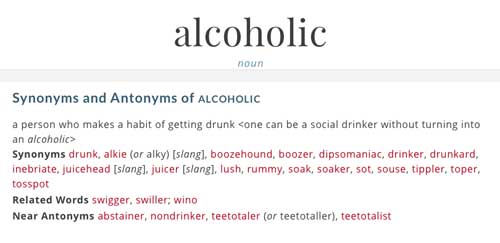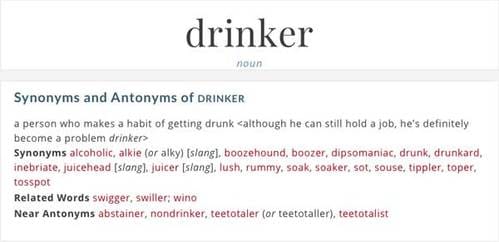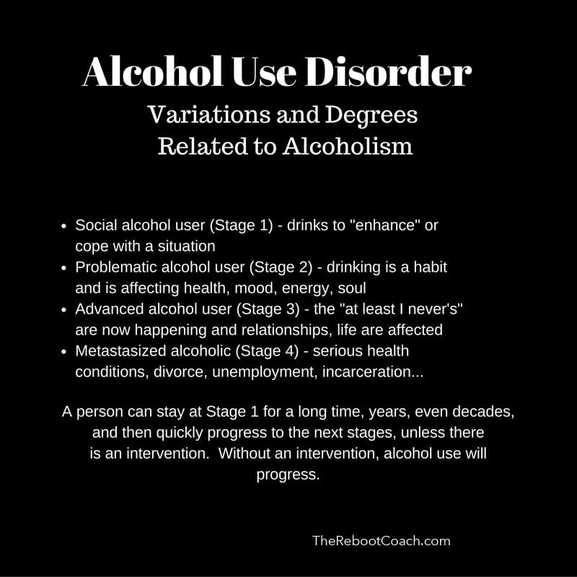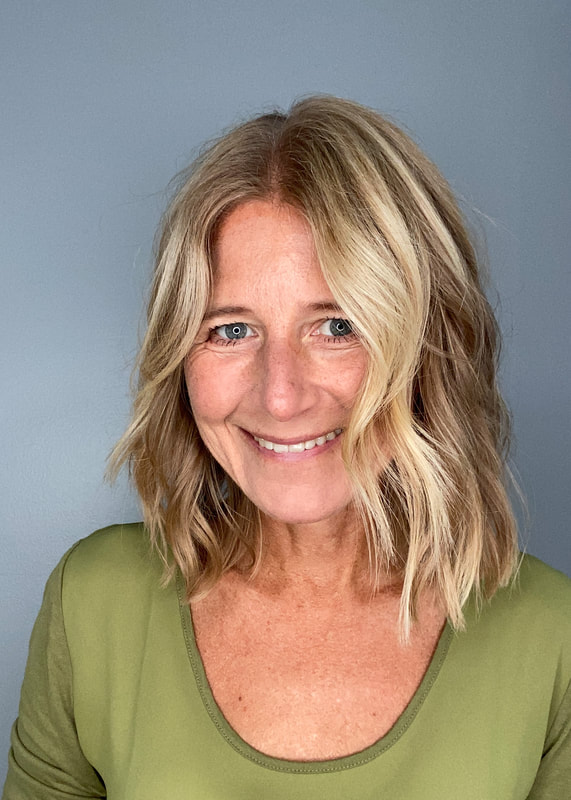|
One of the highlights of my week is the Spanyoga classes I teach at a local preschool, to 3-5 year-olds. For about half an hour a pop, I lead these adorable little sponges through yoga movements, often cueing in Spanish (arriba, abajo, toca los pies, vaca, gato, perro, respire por la naríz…), as well as songs and conversation in Spanish. Playing – I mean, working – with kids is one of my favorite things to do, in large part because they haven’t yet become stuck in their ideas, stories, beliefs about the world and themselves. When I hang out with them, I get a front seat to observing real, live child-like wonder. So awesome. Yesterday, I mentioned to them that sometimes, I don’t know a word in Spanish because at least during my time in Mexico (from ages 7-17), it was not a word that was relevant, either to my life paradigm, or maybe even the geography of where we were. Every class, I read a book to the adorable tykes, but most of the books I have access to are in English, so I basically have to translate them on the fly. There have been a few times that I didn’t know the word, and had to look it up. A few times, there was no translation. So, yesterday, after practicing the word for snow (nieve) and snowing (nevando), I shared with them that the Eskimo actually have about 50 words for snow. Cue: eyes open wide in childlike wonder. I explained that in places around the world where snow is prevalent, stays a long time, and has all kinds of uses, the cultures have adapted a vocabulary to differentiate between the different kinds of snow. Lately, I have been thinking about this in terms of where I am on my health and wellness journey. For a while, I have been mulling over this belief I hold that as humans, our brains, and our intellectual grasp on life, are currently incredibly limited. As a coach, I am fascinated by the concept of self-limiting beliefs, and I think a lot of it starts with vocabulary. We grow up, as young, impressionable kids, being told what and who and how we are, and that becomes our language. It becomes the way we think about ourselves and our place in the world, and who and what we may become. I am an athlete. I am not a runner. I suck at art. I have no focus. I am good at math but suck at writing. I am a talented pianist. I can’t dance to save my life. I am lucky. I am poor. I am diabetic. I am clumsy. I am a hard worker. I am adventurous. I am a Christian. I am a victim. I have a learning disability. I am special. I am a girl. I am lazy. I am a leader. Words are so powerful, as they reflect the way we see ourselves and the way we interact with our environment. So, I think it makes total sense that one of the reasons we don’t experience the physical, emotional, mental and spiritual growth we are capable of, is because maybe we lack the vocabulary needed to explore further growth. Words and language are designed to help us understand our world, but they can also create misunderstandings (like when we had just moved to Mexico, and I was in my ballet class with the other seven-year-olds, and the teacher asked me to do something and I said no, because I was “embarazada” – which means pregnant. Oops!) Those of you who are kind (or bored?) enough to subscribe to and read my blog, know that last week I celebrated one year of being completely alcohol-free. I announced this with a blog entry, and I quickly followed that entry with something I am convinced is lacking in the mental and physical health world, surrounding the discussion and exploration of substance use disorders, especially alcohol. I spoke of how many opportunities are lost, to prevent more advanced stages of addiction, simply because there is no official framework where people can assess or be assessed, in their alcohol use, before they hit the obvious bottoms. Check it out here: stages of alcoholism. Today, as I think about the Eskimo words for snow, the power of language, the lies we tell ourselves because of what parents, teachers, coaches, babysitters, family, friends, media, society have told us and we have believed are true – it strikes me that there needs to be a new way to talk about what we now refer to in the very loaded, stigmatized term alcoholic. As I stated in my previous blog mentioned above, although I am not a mental health or medical professional, I believe that alcoholism can be broken down into four stages (with some overlap between them). Going further, what I would like to suggest, is that the word alcoholic could be nuanced. Why? Well, I know for me, if I had known sooner about the concept of High Functioning Alcoholic, I may have been less likely to justify my socially-accepted, but soul-destructive behavior. I could not relate to the stories out there of complete destruction or extreme alcoholic behavior, but if I had heard the stories of women who were concerned that their alcohol consumption was eating away at their integrity and completely at odds with their breast cancer awareness pink ribbons (because alcohol DOES cause cancer- read THIS), I may have quit sooner. Maybe not. Who knows? But in my quest to help others avoid going further down the slippery slope, I would like to suggest we entertain the idea of adding some new words to our vocabulary about alcoholism and alcoholics: In my conversations with other women in recovery, we have all experienced that once we share with someone that we are abstaining from drinking, the first reaction is often, “Is this forever?” and the next statement is, “but I never saw you drink any more than most people – surely you aren’t an alcoholic!” This is well-intentioned, but unfortunately, far from helpful. This is exactly why we ended up where we did – because we were telling ourselves that same story of denial for so long. In our minds, there was only one definition of an alcoholic, and it was an ugly label that definitely did not describe our current behavior, or the state of our lives. Being unable to identify with this loaded term – alcoholic – kept us from understanding our behavior, our health, the slippery slope progression. It kept us from seeking the help we needed, be it through self-help programs or professional treatment. How many of us have said, “I don’t believe I am an alcoholic, because I never xyz and I only drank xyz, so I am not going to go to a 12 step meeting, because I feel like I won’t belong” - ? If we return to the staging framework I jotted down in my previous blog entry, similar to cancer staging – it would be like me feeling a lump in my breast (perhaps stage 1) and then having as my only option, as far as I am concerned, getting on the bus with the patients with stage 4 cancer and getting full-blown chemo. If that were the case with cancer, I would probably be so terrified, and consider the treatment so extreme and overdone for my stage 1 diagnosis, that I would stay in my denial and not do much. Kind of the same way people do with their problematic drinking – until it hits a low enough bottom that they can start to identify with the word “alcoholic.” In the meetings, we are urged to find the similarities rather than the differences, but this can be a tall order for someone who already feels uncomfortable, self-conscious, and may be looking for any reason to run out the door and never return. However, if I know about the staging in alcoholism, and can identify as a Problematic Alcohol User (Stage 2), and I am aware that if I don't control my dis-ease with a structured program that is open to anyone in all stages, whose shared goal is to abstain from drinking, I am probably going to be more likely to explore the program before my dis-ease progresses to a more advanced stage. Words matter. Where I live, we may not need 50 words for “snow.” THANK GOD for that. We may not need 50 different words for the various landing points on the alcoholism slippery slope, but we definitely need a better way to talk about it, if we are going to be serious about prevention and treatment. As much as I dislike labels because of how confining and self-limiting they can be, I do appreciate how they provide a way to communicate, especially to ourselves, what it is we need to do, to take better care of ourselves and grow to our potential. To humans, words are more than a means of communication, they can shape our beliefs, behaviors, feelings and ultimately our actions. Although swords can coerce us, and threaten, nothing is more powerful than a tool which can shape our opinions.
1 Comment
9/3/2019 06:56:17 am
There are a lot of words which are already in our dictionary. I mean, why do you even need more words? I am fifty years old and I barely know ten percent of all the words that we have. If you ask me, it is not that we need more words, what we need is to learn more words. We cannot completely say what we want to say if we are lacking in vocabulary, that is a known fact, buddy.
Reply
Leave a Reply. |
Susanne NavasWellness coach, athlete, mom, entrepreneur. I love helping people mindfully reboot their health & joy. Archives
February 2023
Categories |




 RSS Feed
RSS Feed